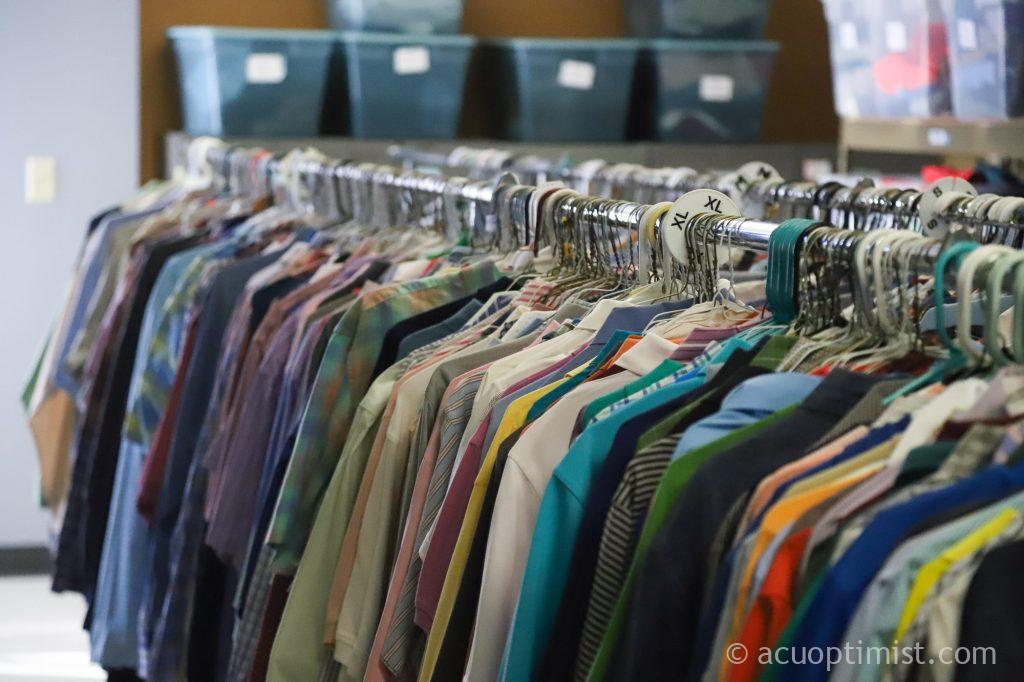Just a year ago, we were wearing chunky rings and recycled clothing. Now, we wear whatever Maddie or Cassie wears on the latest Euphoria episode. Despite the ‘hype’ and different clothing trends, young people end up changing their wardrobe seemingly every month.
These fast-moving trends are called micro-trends, fashion that falls faster than it grows. Microtrends have recently risen in popularity inside of Gen-Z and now they are giving our generation a voice in all the wrong ways.
While these trends can be fun for young adults and teens, they can be an identity crisis for most. While other generations like Gen-X and millennials have a clear identity, our years of finding our identity were cut short by COVID-19.
Trends like these are called “aesthetics” and there are a number of “aesthetics” that one person can fit into. Young teens and children tend to fall into these small trends because they don’t understand their true style.
Gen-Z giving in to micro-trends in their daily life’s is leading to overconsumption in fashion. Micro-trends give Gen-Z a feeling of control and power over the fashion industry as well as what is being produced.
Microtrends have turned into fast fashion, most clothing pieces continue to be produced in sweatshops. Because of the quick change between trends, companies needed to keep up by mass-producing clothes at a low cost. Fast fashion is used for most of the trends that became popular, when they lose their spice, the clothing ends up in landfills.
These companies use fabrics from nylon to polyester, both are fabrics that are non-lasting and have a short life span in a person’s closet. Instead of investing in articles of clothing that are long-lasting and a staple to someone’s closet, teenagers who indulge in the micro-trends choose clothing that tends to be considered out of style in the next six months.
Overall, an obvious solution to the overconsumption of fast fashion is to thrift clothes that make people feel like they have a style. However, it gets more complicated as we go into the identity crisis of my generation and how to solve a struggling young generation.
Starting off, Gen Z is still a young generation forming after many important world events like 9/11, the 2008 recession, and now the COVID-19 pandemic. As a generation, we need to understand that our lives are still forming and we will find ourselves eventually even if that means going through a few trends.

